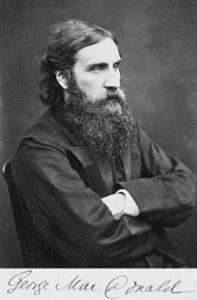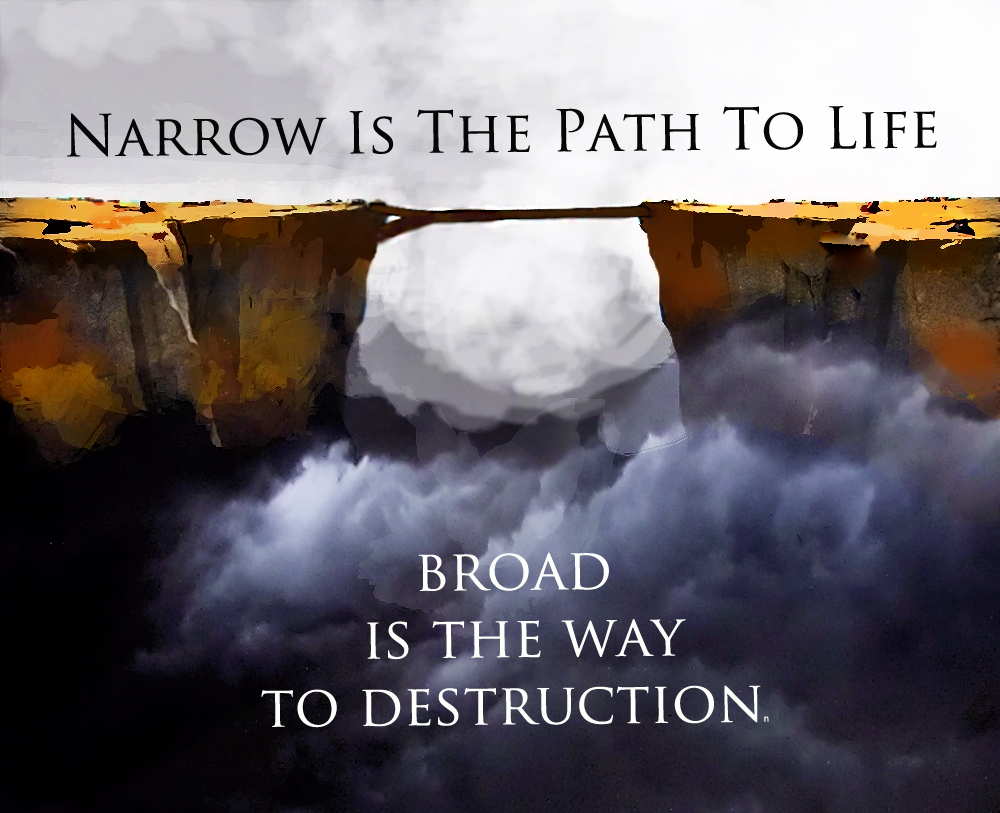 I’ve never read George MacDonald’s Thomas Wingfold, Curate, but in the anthology C. S. Lewis put together of MacDonald’s writings, one selection from that book stood out to me this morning. I think the nugget in this excerpt is worth noting.
I’ve never read George MacDonald’s Thomas Wingfold, Curate, but in the anthology C. S. Lewis put together of MacDonald’s writings, one selection from that book stood out to me this morning. I think the nugget in this excerpt is worth noting.
It begins with MacDonald quoting someone who says, “I cannot see what harm would come of letting us know a little—as much at least as might serve to assure us that there was more of something on the other side.”
Don’t we hear that quite often today? People just want some kind of assurance that death isn’t final, that there is something that awaits hereafter. The problem is that they almost don’t care what that something is as long as it isn’t too bad.
MacDonald explains that “their fears allayed, their hopes encouraged from any lower quarter, men would (as usual) turn away from the Fountain, to the cistern of life.”
Mankind will accept any explanation of the afterlife that provides some assurance, yet they stubbornly resist the only Source of knowledge of what actually transpires upon death; they don’t turn to the “Fountain” where eternal life is found.
He then hits home with this insight:
That there are thousands who would forget God if they could but be assured of such a tolerable state of things beyond the grave as even this wherein we now live, is plainly to be anticipated from the fact that the doubts of so many in respect of religion concentrate themselves nowadays upon the question whether there is any life beyond the grave; a question which . . . does not immediately belong to religion at all.
What does he mean? People don’t really want to know the God who offers life beyond the grave; they simply want to know there is something. God is an afterthought.
Satisfy such people, if you can, that they shall live, and what have they gained? A little comfort perhaps—but a comfort not from the highest source, and possibly gained too soon for their well-being.
Does it bring them any nearer to God than they were before? Is He filling one cranny more of their hearts in consequence?
Simply coming to some kind of assurance that life goes on after one dies is not only insufficient—it is a delusion by itself. It ignores the stark Scriptural reality that there are two destinations after death, and only one is a state of eternal joy. Further, there is only one path to that joy:
Jesus answered, “I am the way and the truth and the life. No one comes to the Father except through me. John 14:6
Hell is just as real as heaven, but most people don’t want to believe that. They want the assurance that all will go to the same blissful eternity. Yet, as Jesus warns,
For the gate is small and the way is narrow that leads to life, and there are few who find it. Matthew 7:14
That’s not a popular message. It refuses to agree with the culture that assumes all roads lead to the same place.
Unfortunately, the message is not popular in many churches either. How many pastors teach this truth? How many are providing false assurances?
If we truly love others, we will want them to know the truth and not be misled. Warnings are essential in the proclamation of the Gospel. The Good News must be preceded by the bad news. That’s what makes the Good News good.

